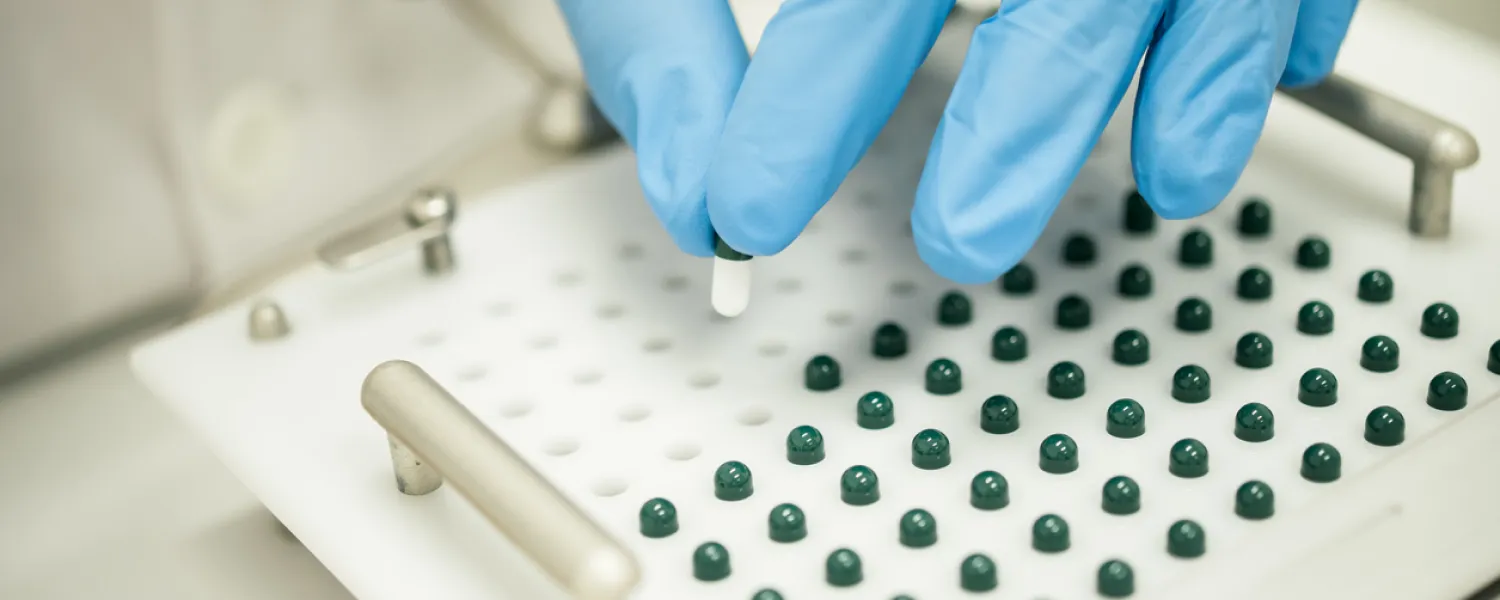
Compounding is the process of creating customized pharmaceutical preparations to meet the unique needs of individual patients. This is performed by licensed pharmacists when commercially available drugs are unsuitable. Patients may require compounded medications due to allergies, specific dosage needs, or discontinued drugs. The U.S. Pharmacopeia defines compounding as the preparation, mixing, assembling, altering, packaging, and labeling of a drug or device in accordance with a licensed practitioner’s prescription.
Compounding pharmacists can tailor medications to:
Compounding involves preparing medications to meet specific prescriptions and is supervised by a licensed pharmacist. It differs from manufacturing, which is the mass production of FDA-approved drugs for resale. Manufacturing follows strict guidelines and regulations, while compounding is tailored to individual patient needs.
While many pharmacies offer some compounding services, specialized compounding pharmacies invest in equipment and training for safe and efficient preparation. These pharmacies handle both sterile and nonsterile preparations, serving patients with specific medical needs.
State boards of pharmacy regulate compounding practices, with oversight from federal authorities like the FDA and DEA for drug integrity and controlled substances. The U.S. Pharmacopeial Convention (USP) sets standards for compounding quality and safety, including guidelines for sterile and nonsterile preparations.
Patients can receive compounded medications from community pharmacies or specialty compounding pharmacies. It’s important to ask healthcare providers whether a medication is compounded and ensure the compounding pharmacy is accredited.
Pharmacists learn basic compounding in pharmacy school, and those in specialized compounding pharmacies often undergo advanced training. While no state mandates specific training, various organizations offer certification and specialized training programs.
Healthcare providers prescribe compounded drugs when commercially available medications do not meet patient needs. If a compounded drug is prescribed, patients should understand the reasons and discuss any concerns with their prescriber.
For more details on compounding pharmacies, patients can consult the International Academy of Compounding Pharmacists (IACP), the Pharmacy Compounding Accreditation Board (PCAB), the U.S. Pharmacopeial Convention (USP), and state boards of pharmacy.
Compounding pharmacies provide essential services by creating customized medications tailored to individual needs. This practice ensures patients receive the best possible treatment when standard medications are not suitable. Through rigorous training, regulation, and adherence to high standards, compounding pharmacies play a vital role in the healthcare system.
Want to learn more? Visit our resources page here.
Please don’t refresh or leave this page until your ID has been uploaded.